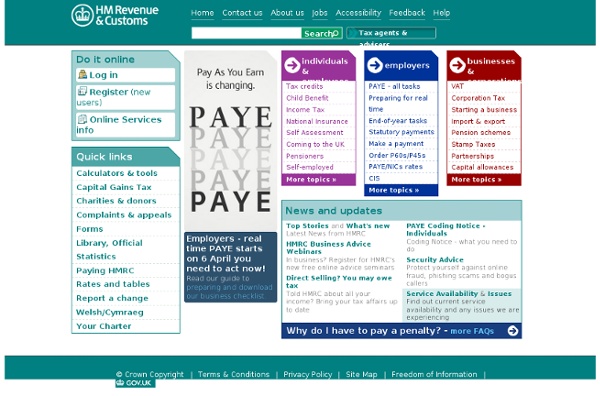



Self-employment: How to set up as your own boss | Money Self-employment is on the rise. According to the latest official figures, more than 35,000 people joined the ranks of the self-employed during the last year – lifting the total number in the UK now working for themselves to just short of 4 million. Why this is happening is not hard to answer: redundancies, a lack of good jobs, and the fact that in some industries it can pay to go it alone. For many, self-employment can be a big and frightening step to take, particularly when it comes to the money side of things. "For someone becoming self-employed for the first time it can feel as if they are entering uncharted waters alone," says the Federation of Small Businesses, which recently called on the government to do more to promote self-employment. Your urge to work for yourself might be a response to having been made unemployed, or a lifestyle choice. The first thing you need to decide when making the jump from employee to being your own boss is the structure your business will take.
House of Lords - Her Majesty's Revenue and Customs (Respondents)<i> v</i> Stringer and others (Appellants) on appeal from:[2005] EWCA Civ 441 Her Majesty’s Revenue and Customs (Respondents) v Stringer and others (Appellants) Appellate Committee Lord Hope of Craighead Lord Rodger of Earlsferry Lord Walker of Gestingthorpe Lord Brown of Eaton-under-Heywood Lord Neuberger of Abbotsbury Counsel Appellants: Christopher Jeans QC Michael Ford (Instructed by Thompsons) Respondents: John Cavanagh QC Adam Tolley (Instructed by Inland Revenue Solicitors Office) Hearing date: 30 OCTOBER 2006 and 30 APRIL 2009 Her Majesty’s Revenue and Customs (Respondents) v Stringer and others (Appellants) My Lords, 1. 2. 3. 4. “An employer shall not make a deduction from wages of a worker employed by him unless - (a) the deduction is required or authorised to be made by virtue of a statutory provision or a relevant provision of the worker’s contract, or (b) the worker has previously signified in writing his agreement or consent to the making of the deduction.” Subsection (3) then goes on to explain what can count as a deduction from wages:
Old Bailey Online - The Proceedings of the Old Bailey, 1674-1913 - Central Criminal Court Central Criminal Court Known as the Old Bailey, the Central Criminal Court of England and Wales, is one of a number of buildings housing the Crown Court. Behind its dignified façade the Old Bailey is a centre of intense activity with thousands of people entering the building on a daily basis. As well as judges, counsel, jurors, witnesses and defendants, these include the many staff needed to run the courts and the building. The City of London Corporation which owns and administers the building, has a department there headed by the Secondary and Under Sheriff who is assisted by the Keeper. This handles security, maintenance and also deals with administration of the Shrievalty, which includes execution of writs and warrants, and summoning of jurors. Staff run the courts, headed by the Courts Administrator who administers all the London group of crown centres. Access to the public galleries Please note: There is no admission for children under 14 and proof of age may be requested by security. How to get here By tube